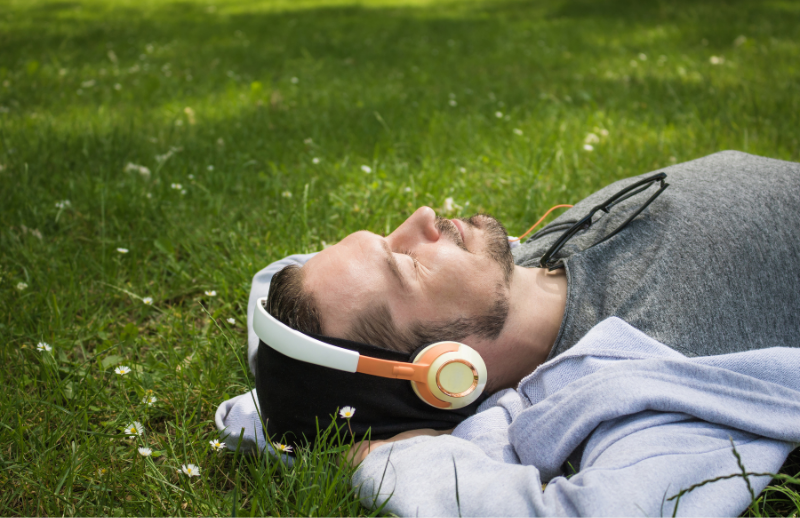

Compiled by our Masters Physiotherapist Kirsten Rose. To book an appointment with Kirsten, or read her Meet the Team profile CLICK HERE.
It’s Men’s Health month in September so we’re bringing you a series of blogs on Stress and how best you can mitigate the negatives (and also harness the benefits) to improve both your physical and mental health. Plus we’ll be bringing you some insights from the men in the Auckland Physiotherapy team as to how they deal with stress.
So what does stress look like for you? We can probably all relate to the fact that how we experience stress is individual to each of us. Some people appear to thrive under pressure, others not so much. Sometimes we don’t even attribute our thoughts, feelings or physical symptoms to stress and put them down to something else.
Potentially the most essential ingredient in learning to manage stress and overwhelm is to know yourself. We can call it self-knowledge or self-awareness or just plain old knowing me. But this is really our first step because if we can’t recognise the warning signs that things aren’t going so well, then it's that much more difficult to access those great coping tools that help you get back on track.
Take some time to recall the last time you felt overwhelmed or stressed. Perhaps it was within your family, your job (or lack of one), paying bills, on the road…How did you know you were stressed?
Once we can identify some of the signs or symptoms of stress and overwhelm we can take this one step further. The diagram below shows that these things are all interlinked. They feed off one another.
For example, a negative thought about yourself (“what if I can’t cope with this…”) can quickly lead to a surge in anxiety (mood/emotion) which can increase your heart rate and breathing (physical symptoms/biology) and cause you to avoid the situation (behaviour) you were worried about, resulting in you never getting the opportunity to realise that you can in fact manage it.
Very often, stress and overwhelm can feel like a profound mess or intense phenomenon. In fact, sometimes, we don’t even identify the phenomenon we’re experiencing as part of the stress family. Do we ever stop and contemplate how we respond to stress or do we just keep ploughing through?
The skill of being able to ‘step outside of yourself’, to observe your reactions and actions, enables you to take steps to promote good health.
Over the next few days, see if you can reflect on your experiences of stress in these terms – thoughts, emotions, behaviours, and physical symptoms.
Recent Comments